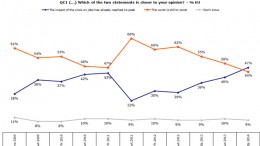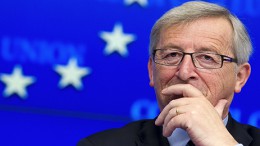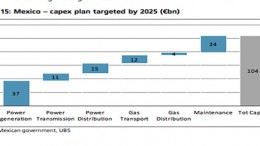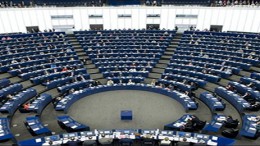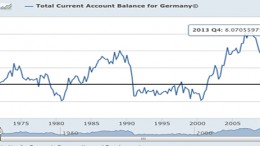Portugal rescues BES with €4.9bn coming from Troika’s bail-out
BERLIN | Alberto Lozano | The Portuguese government splits BES into two banks. On the one hand, it will inject €4.9 billion of capital in a new company called “Novo Banco”, which will get all the assets and employees from the crisis-hit bank. On the other hand, all toxic assets mostly related to its exposure to the Espirito Santo family will stay in the current Espirito Santo’s “bad bank”.


